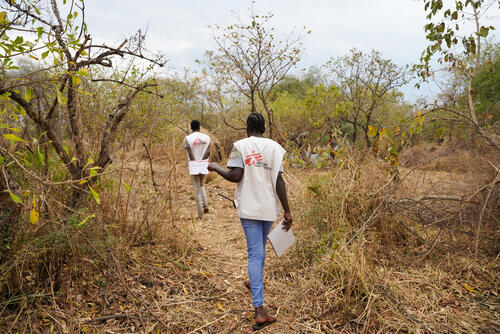Discover all our latest news, stories and publications. Use the filter to get to the content you're looking for.

In the aftermath, everything has changed
MSF calls for community management of acute malnutrition after new evidence shows high cure rates
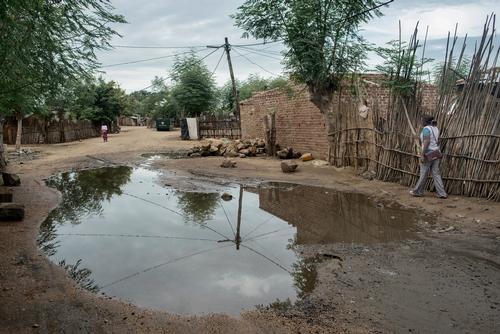
Cholera - the water thief

“A sadness has descended” in Garissa

MSF medical team helps treat more than 70 wounded in Garissa University attack
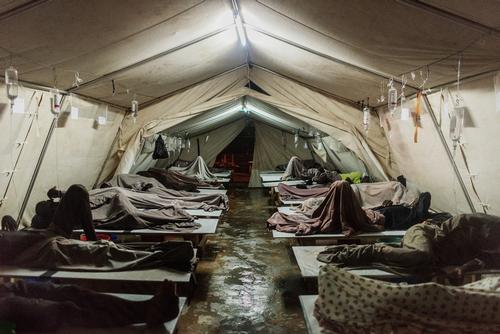
Cholera - the water thief
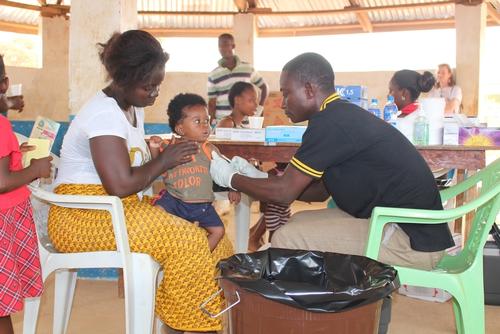
Rebooting public health services
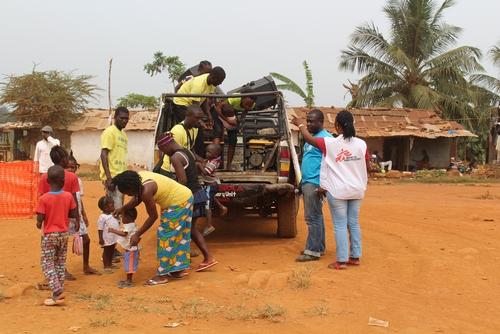
No vaccinations for months has put children at risk
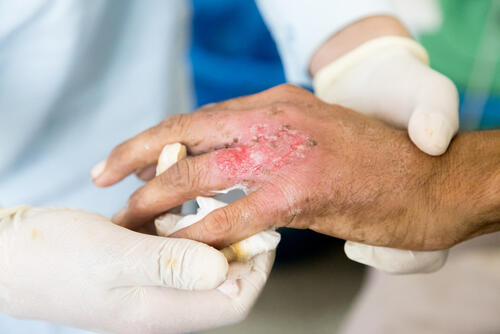
Eyes without a face
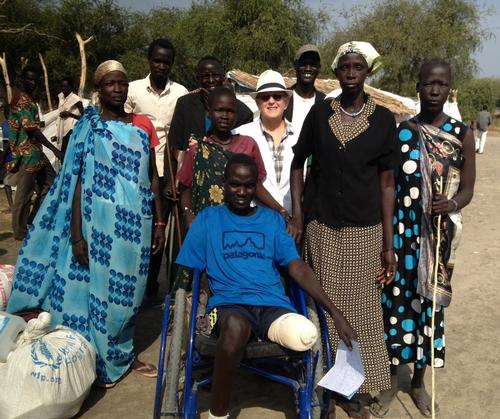
Stranded in the surgical ward

An estimated 6,000 new IDPs are living in very precarious situation in Maiduguri

Badly needed medical supplies and health personnel unable to reach conflict affected areas of Yemen
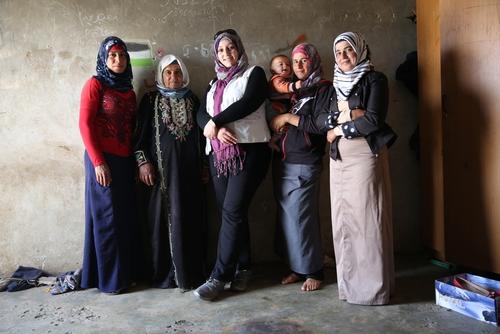
Occupied Minds: Ola's story
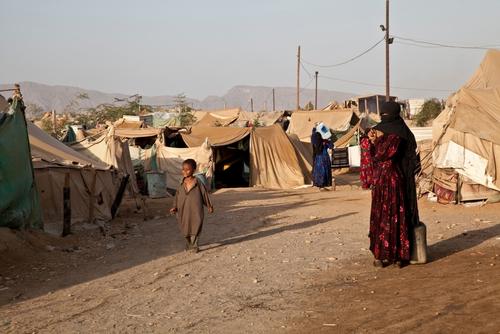
MSF treats 34 wounded after airstrike on camp for displaced people
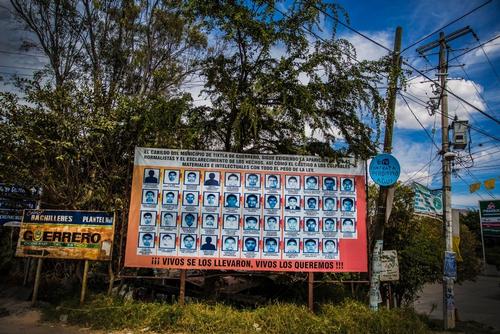
Life stands still for 43 families in Ayotzinapa
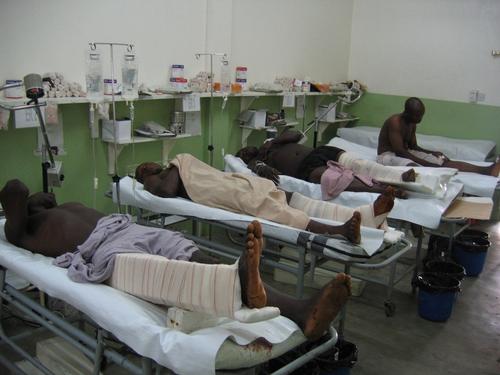
MSF prepares to treat victims of possible electoral violence

MSF receiving large numbers of patients in Aden, as security situation in Yemen deteriorates
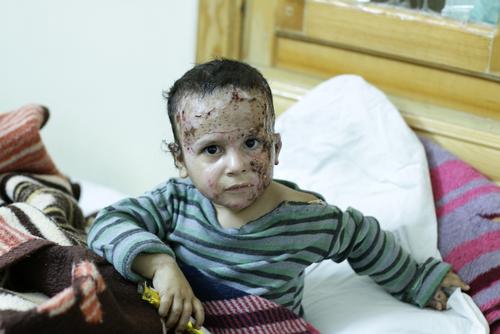
Providing medical care in Anadan, a city located between three frontlines

“We created a new medical network in the region because the health care system was destroyed”
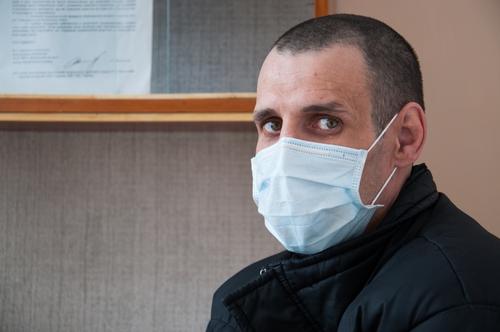
MSF urges EU Health Commissioner and EU Health Ministers not to skip critical regional Ministerial conference on TB next week

Innocent victims of the civil war

Crisis update - 23 March 2015
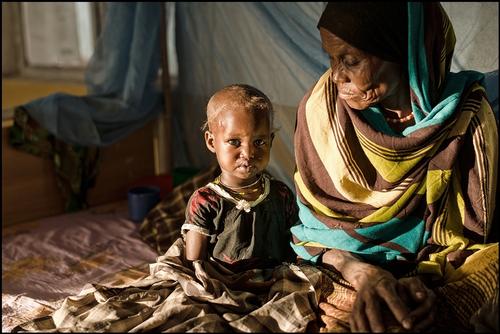
Treating children against the ‘evil eye’ of malnutrition in the pastoralist community of Fiq
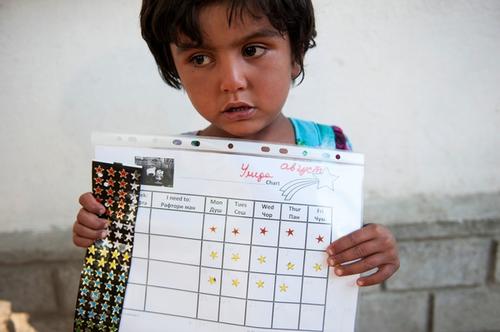
Ready, set, slow down: New and promising DR-TB drugs are grabbing headlines but not reaching patients

How we deliver medical humanitarian assistance
Everywhere we work, the circumstances are unique. Nonetheless, our programmes generally follow a common set of practices designed to make sure our resources and expertise are used to maximum effect.




